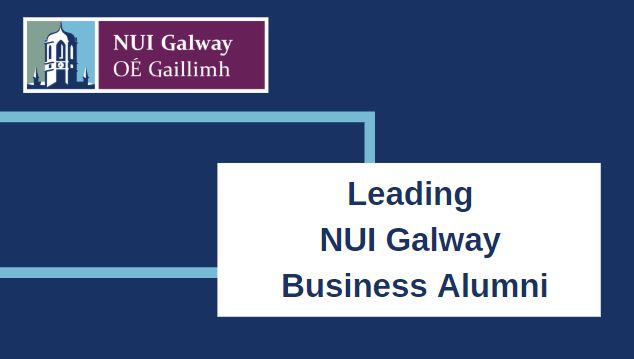-
Courses

Courses
Choosing a course is one of the most important decisions you'll ever make! View our courses and see what our students and lecturers have to say about the courses you are interested in at the links below.
-
University Life

University Life
Each year more than 4,000 choose University of Galway as their University of choice. Find out what life at University of Galway is all about here.
-
About University of Galway

About University of Galway
Since 1845, University of Galway has been sharing the highest quality teaching and research with Ireland and the world. Find out what makes our University so special – from our distinguished history to the latest news and campus developments.
-
Colleges & Schools

Colleges & Schools
University of Galway has earned international recognition as a research-led university with a commitment to top quality teaching across a range of key areas of expertise.
-
Research & Innovation

Research & Innovation
University of Galway’s vibrant research community take on some of the most pressing challenges of our times.
-
Business & Industry

Guiding Breakthrough Research at University of Galway
We explore and facilitate commercial opportunities for the research community at University of Galway, as well as facilitating industry partnership.
-
Alumni & Friends

Alumni & Friends
There are 128,000 University of Galway alumni worldwide. Stay connected to your alumni community! Join our social networks and update your details online.
-
Community Engagement

Community Engagement
At University of Galway, we believe that the best learning takes place when you apply what you learn in a real world context. That's why many of our courses include work placements or community projects.
About economics
About economics
Within a course of study in economics, there can be great variety. Typically, there are core courses which cover the conceptual foundations of the subject, in the form of courses on economic theory. Theory comes in two flavours: 'micro' economic theory which deals with the behaviour of individuals and firms in markets, and 'macro' theory, which tries to explain the economy as a whole, at national or international levels.
In later years, more advanced courses on theory follow, along with the study of the methods of analysis which economists typically use; in particular the mathematical and statistical tools which underpin economic analysis.
In addition, students may have the opportunity to take courses in economic history or the history of economic thought, as well as economics as applied to particular areas.
For example, a hugely important area now is the economics of the environment. Equally, health economics is of enormous interest to citizens and policy makers alike. You may have options to study courses specifically on the economics of financial markets and money, on the economics of developing countries, the economics of international trade, as well as courses which study the economics of government policies.
For many students, it is this wide applicability of economics across many areas of life (economics is everywhere!) which sparks and sustains their interest, and an undergraduate degree can offer a fascinating tour of this territory.
What do economists do?
What do economists do? In their working lives, the answer is ‘everything’, in principle. Some familiar roles are the economists who attempt to monitor and explain ‘big picture’ events in the national and global economies.
Both public and private sectors value that expertise, and ongoing economic challenges have led to particular demands for graduates who are literate in economics.
In addition, economics graduates work in other areas, right across the spectrum, including for example for health care providers and policy makers, in energy and environmental industries, and in the education and labour market policy domains. Most generally, employers value a good economics graduate’s analytical abilities, and their capacity to manage and interpret data.
A degree in economics provides you with a wide array of both subject-specific and transferable skills, of enormous importance to the world in which we live.
Downloads
-

Business Postgraduate Programmes 2024 PDF (4.7 MB)
-

Postgraduate Prospectus 2025 PDF (3.3MB)
-
.png)
Business Undergraduate Prospectus 2025 PDF (1.57MB)
-

Undergraduate Prospectus 2025 PDF (12.4MB)
-

A Level Quick Guide 2025 PDF (337 KB)
-
Leading Business Alumni Book PDF (1.57)
-

Quick Guide to Courses 2025 PDF (362 KB)
















